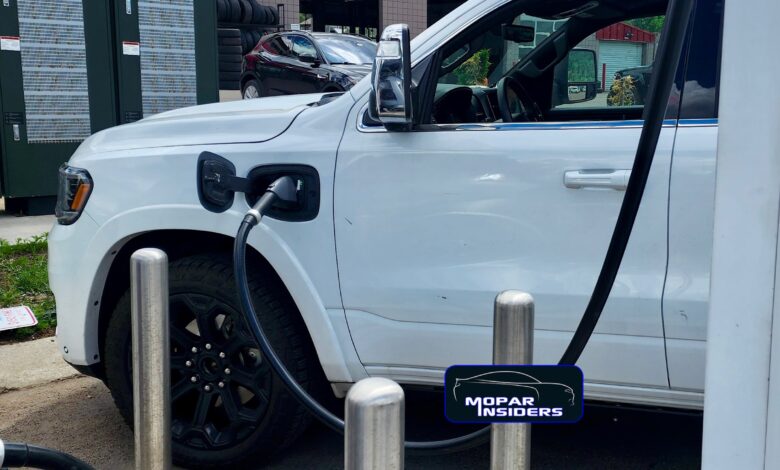
Stellantis (FCA US, LLC) is developing innovative hardware that could revolutionize how electric vehicles (EVs) charge at lower-powered DC fast-charging stations. This new system, described in a recently published U.S. patent on the United States Patent and Trademark Office (USPTO) website, aims to bridge the gap between 400-volt and 800-volt charging architectures, allowing high-voltage EVs like the 2025 Ram 1500 REV to charge faster at stations with less powerful outputs.
The Problem: 400-Volt Limitations –
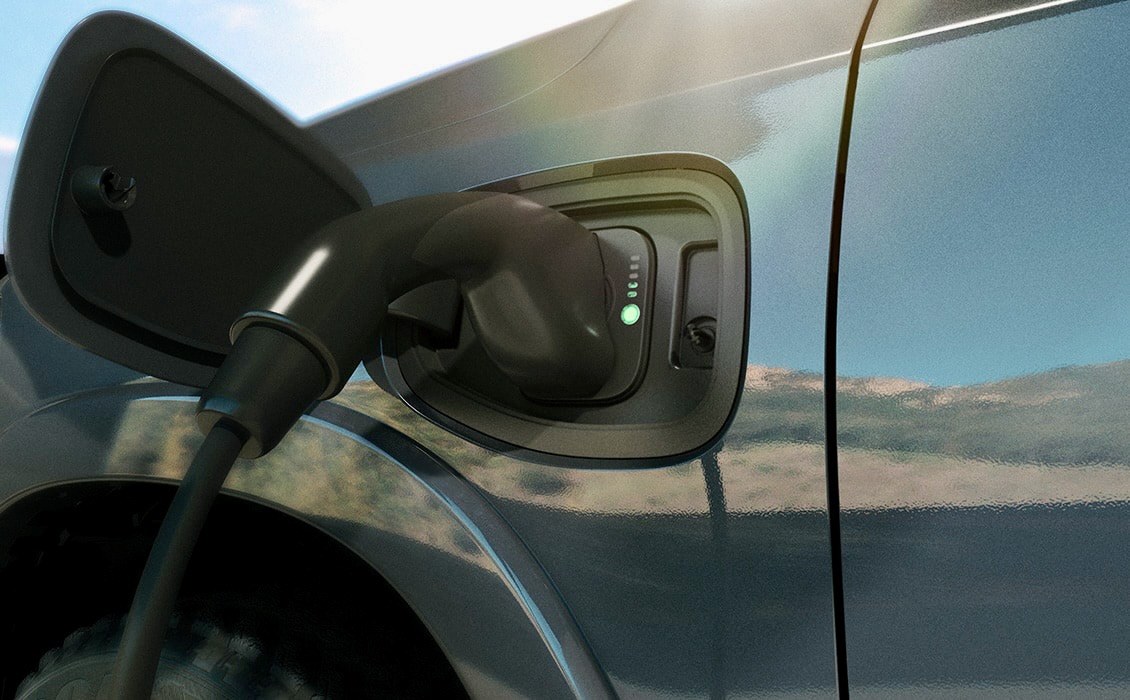
Most existing DC fast-charging stations operate at 400 volts, which limits charging speeds for 800-volt EVs. Many automakers address this with dedicated DC boost modules, which add weight, cost, and complexity. Stellantis’ solution minimizes these downsides by rethinking the process.
The Proposed Solution –
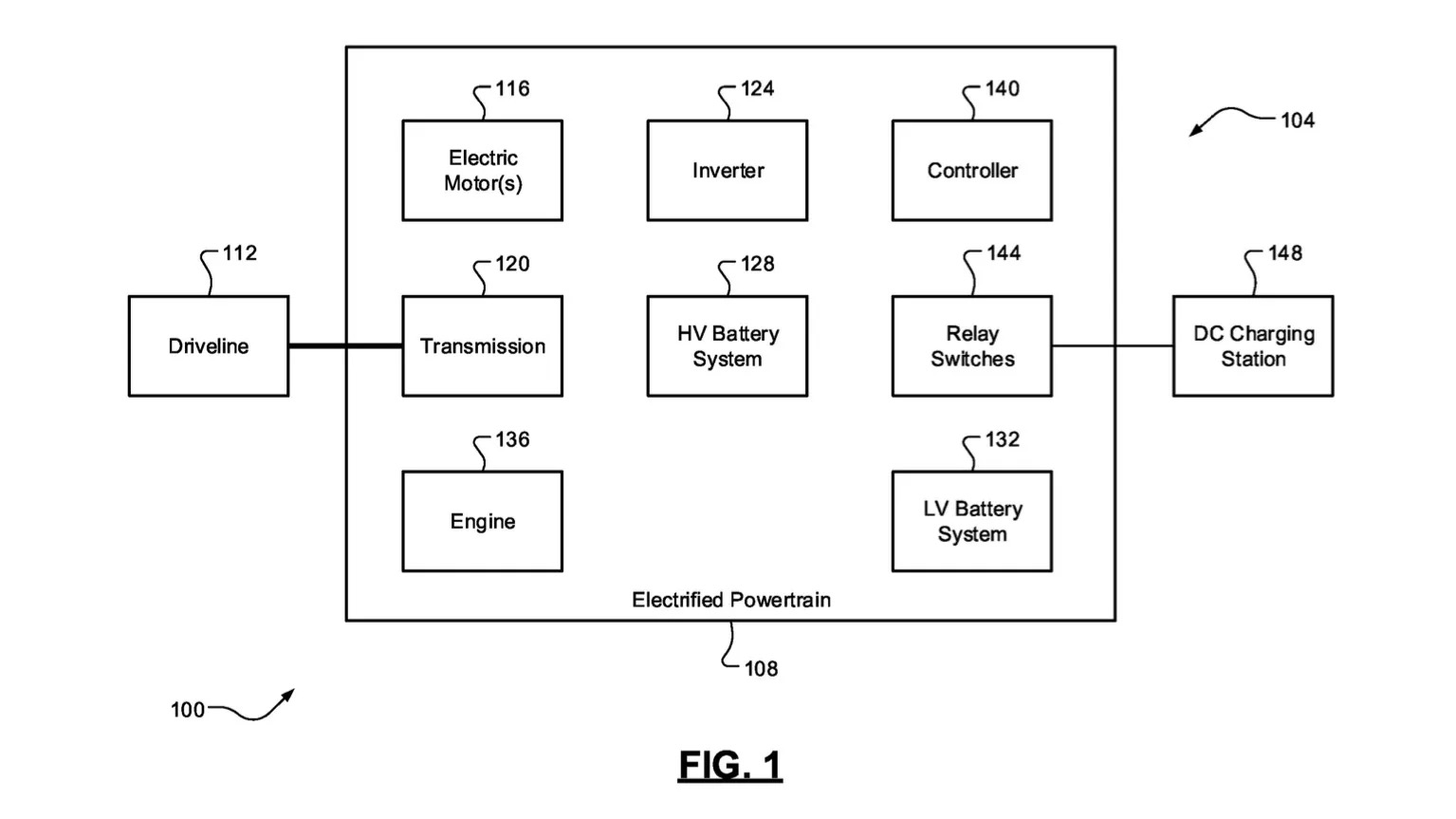
Instead of relying on bulky components, Stellantis proposes using a system of relay switches and a small DC capacitor. These components work with the vehicle’s inverter and electric motor to convert lower voltage into the higher power needed for fast charging.
Here’s how it works:
- Relay Switches and Inverter Coordination: The relay switches direct the current through the inverter.
- Motor-Assisted Conversion: The electric motor generates alternating currents (AC), which the inverter transforms into a boosted direct current (DC).
- Efficient Charging: This boosted DC power is fed into the EV’s 800-volt battery for faster recharging.
Why This Matters –
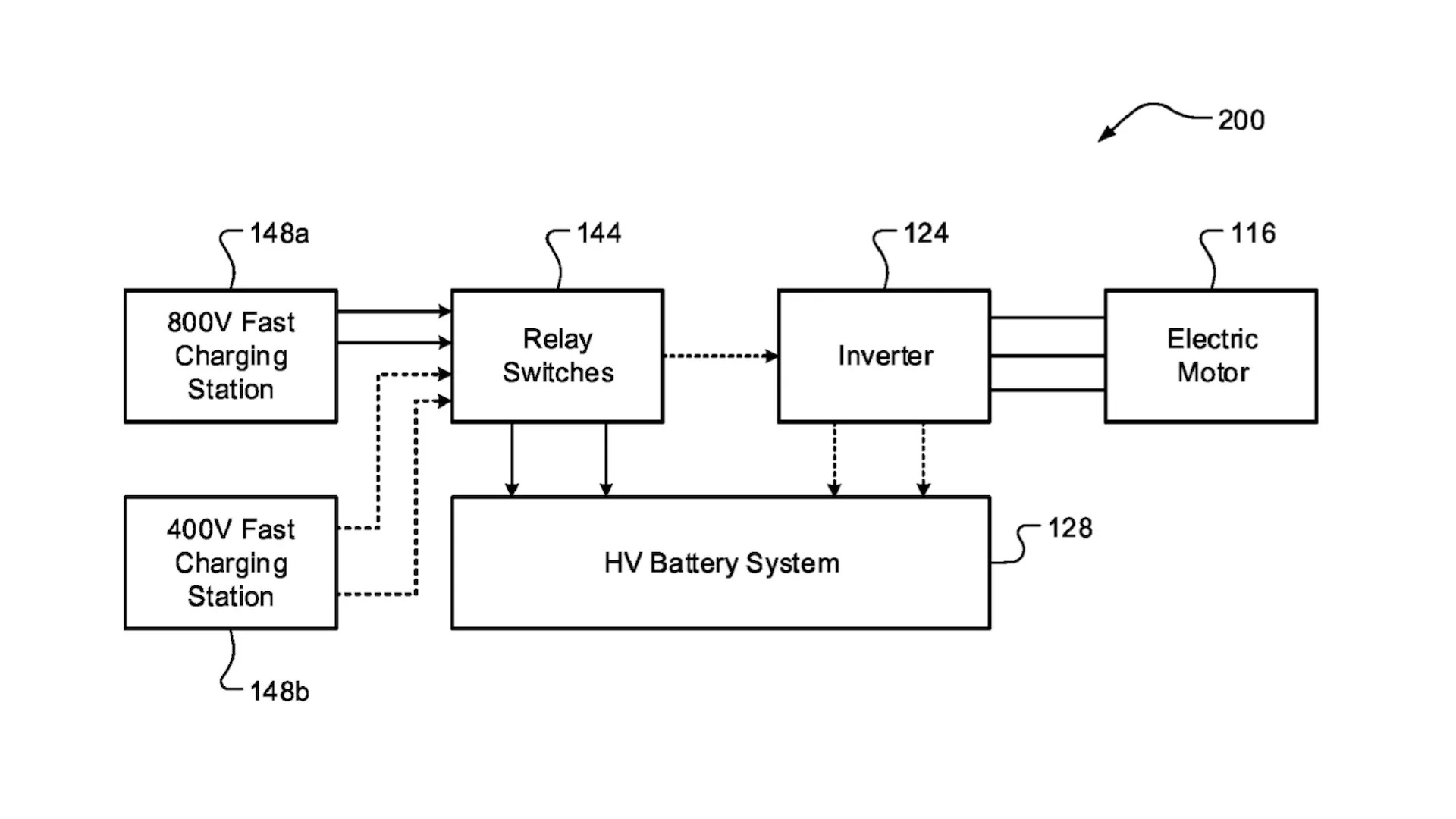
This system reduces the need for expensive, heavy hardware while improving compatibility with 400-volt charging stations, including Tesla’s vast Supercharger network. It’s particularly relevant as Stellantis transitions to 800-volt architectures for its larger EVs, such as the Ram 1500 REV, while many future models on its STLA platforms will stick to 400 volts.
Streamlined Charging For Future EVs –
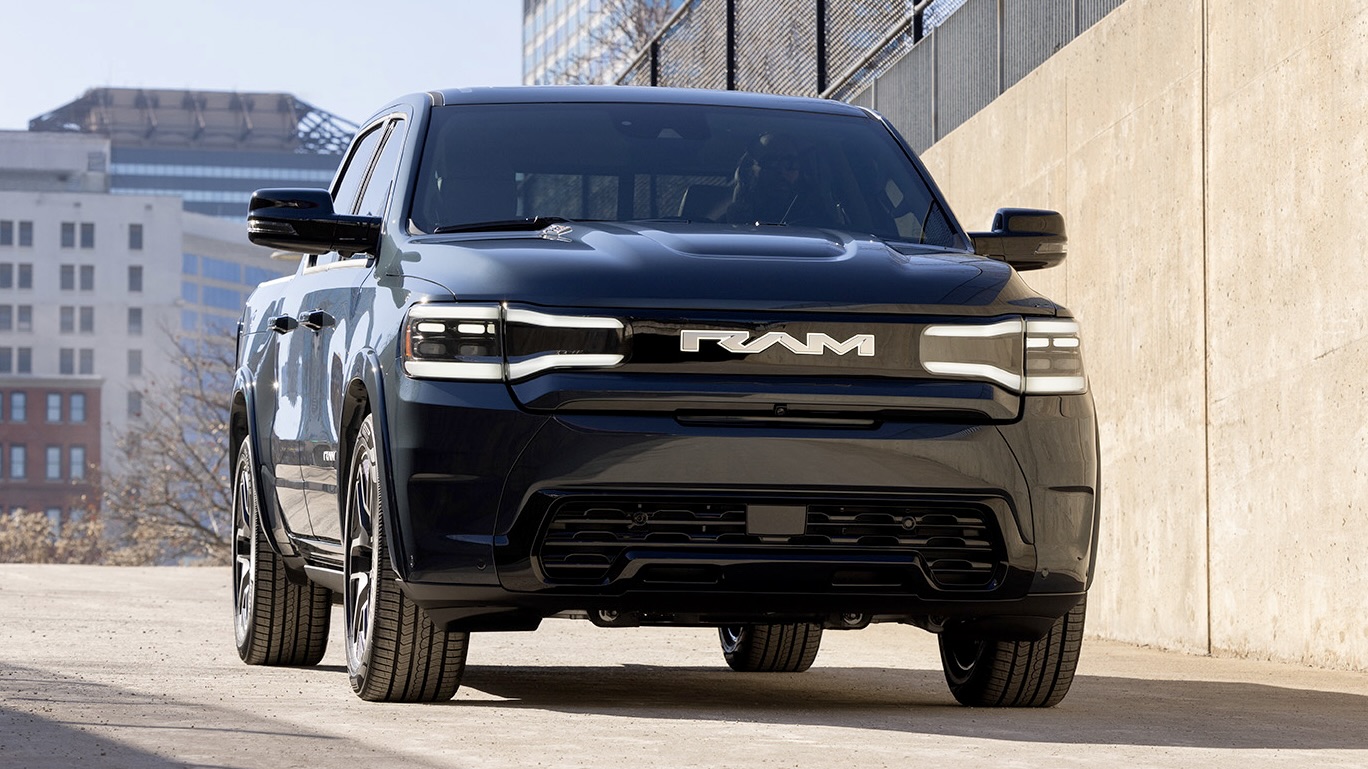
Stellantis has a history of exploring ways to simplify EV components. This patent aligns with the company’s broader strategy of reducing onboard hardware to make EVs lighter, more efficient, and cost-effective.
While this feature may not be immediately necessary for all upcoming models, it’s a step forward in making EVs more adaptable to the existing charging infrastructure.


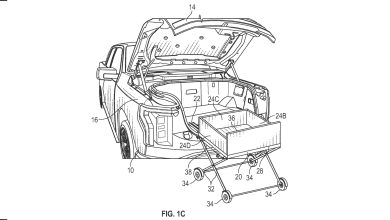
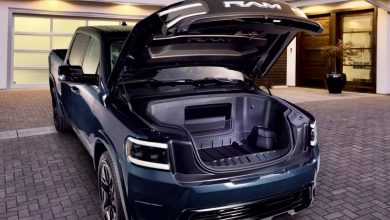
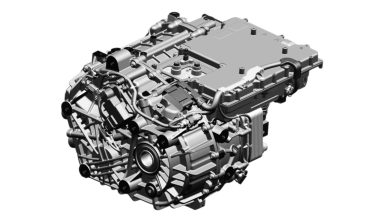

2 replies
Loading new replies...
Join the full discussion at the Mopar Insiders Forum →